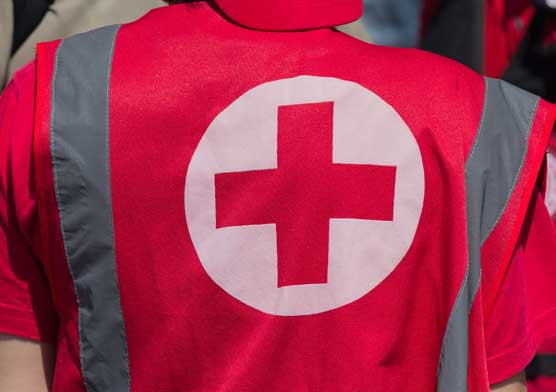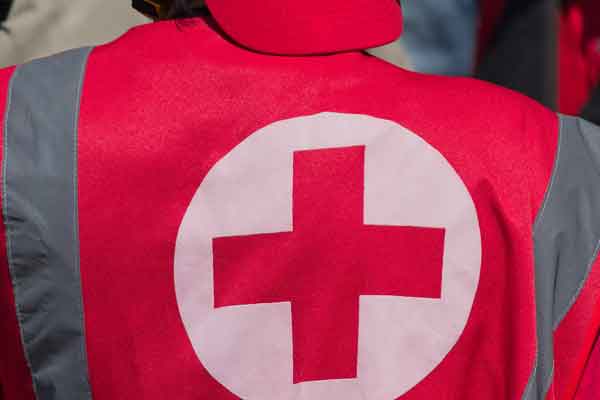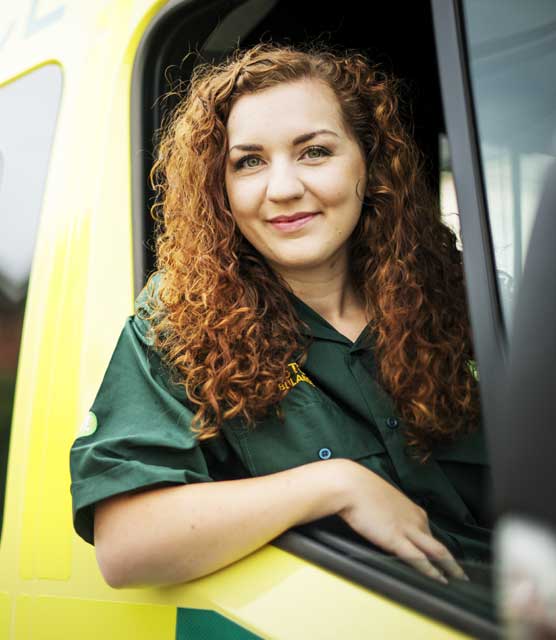
Welcome to GSD & Me
The content of this website is intended for UK patients. Information concerning liver Glycogen Storage Disease management is based upon UK practice. As dietary management may vary in different countries, please speak to your metabolic team at the hospital for individualised advice for your GSD.


Treating hypoglycaemia
Hypoglycaemia is a drop in blood glucose to low levels. If you have a liver GSD, you are at risk of low blood glucose levels because of your condition.
In the case of very low blood glucose levels (severe hypoglycaemia), the following may be seen:
- Floppy body
- Appearing less responsive
- Showing unusual behaviours
- Adults with severe hypoglycaemia may appear intoxicated
Emergency Regimens
An emergency regimen (or ER) should be used if you are experiencing low blood glucose levels.
Written instructions on how to make and administer the ER will be provided. Once you have started to respond to the ER, you will be encouraged to eat a small snack.
If you do not appear to be responding to the ER, an ambulance should be called to get further help.
If you have severe hypoglycaemia, a glucose gel needs to be applied to the inside of your cheek. This can rapidly increase glucose levels.
Your Specialist Metabolic Team will advise you on when to use gel. If somebody with a liver GSD is clearly unconscious, gel may be applied but do not attempt to give any food or drink.
Once the gel is given, call for an ambulance.
Preparing for ‘hypos’
If you are looking after an individual with a liver GSD, it helps to prepare for such ‘hypos’.
Ensure you always have in-date supplies of the ER ingredients and glucose gel. You should keep these supplies anywhere you spend a lot of time e.g. home, grandparents, childminder’s, school, work etc.
Glucagon injections
Normally when an individual has hypoglycaemia, they will be given a glucagon injection. Glucagon is a hormone that cause glycogen to release glucose into the blood.
Glucagon injections are not effective in an individual with a liver GSD.
Your Specialist Metabolic Team will give you letters to show to ambulance crews, asking them not to give a glucagon injection.

